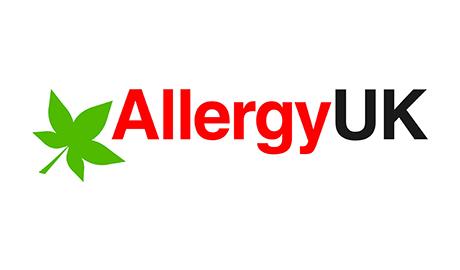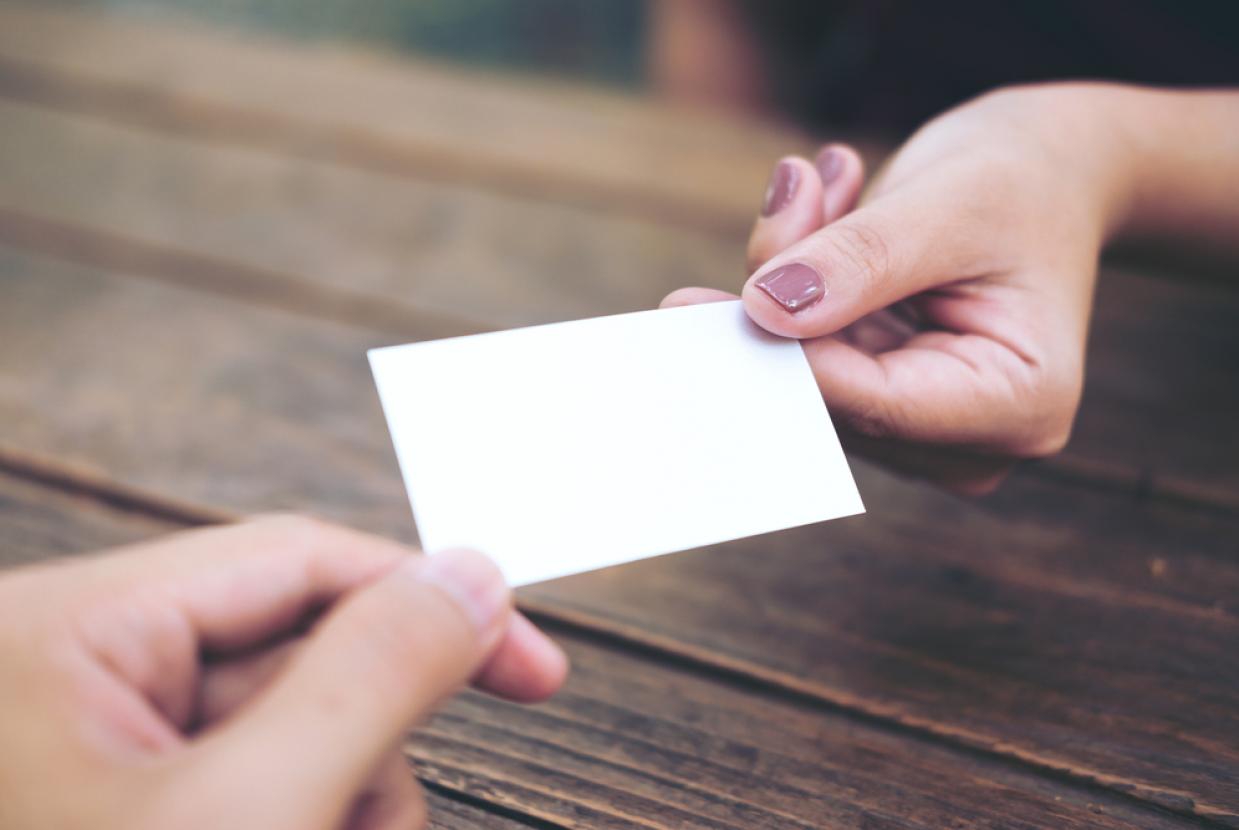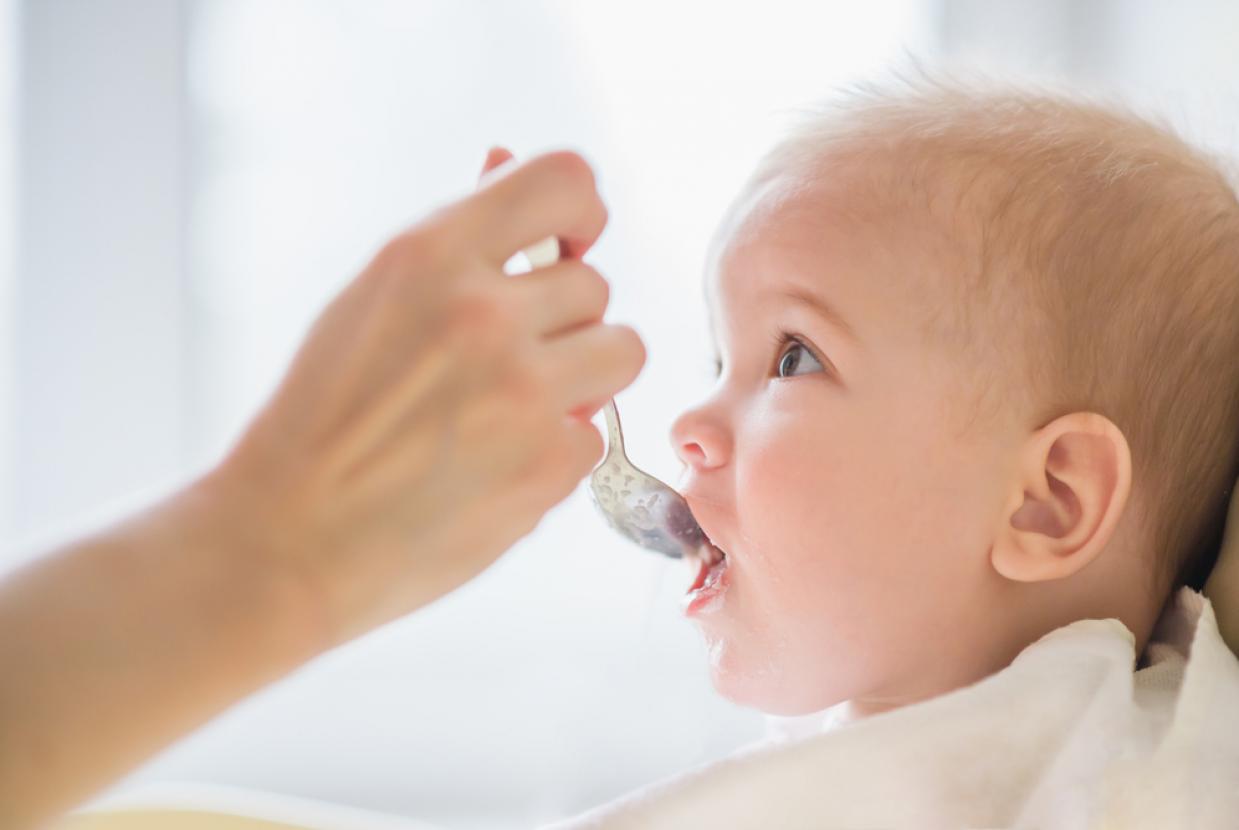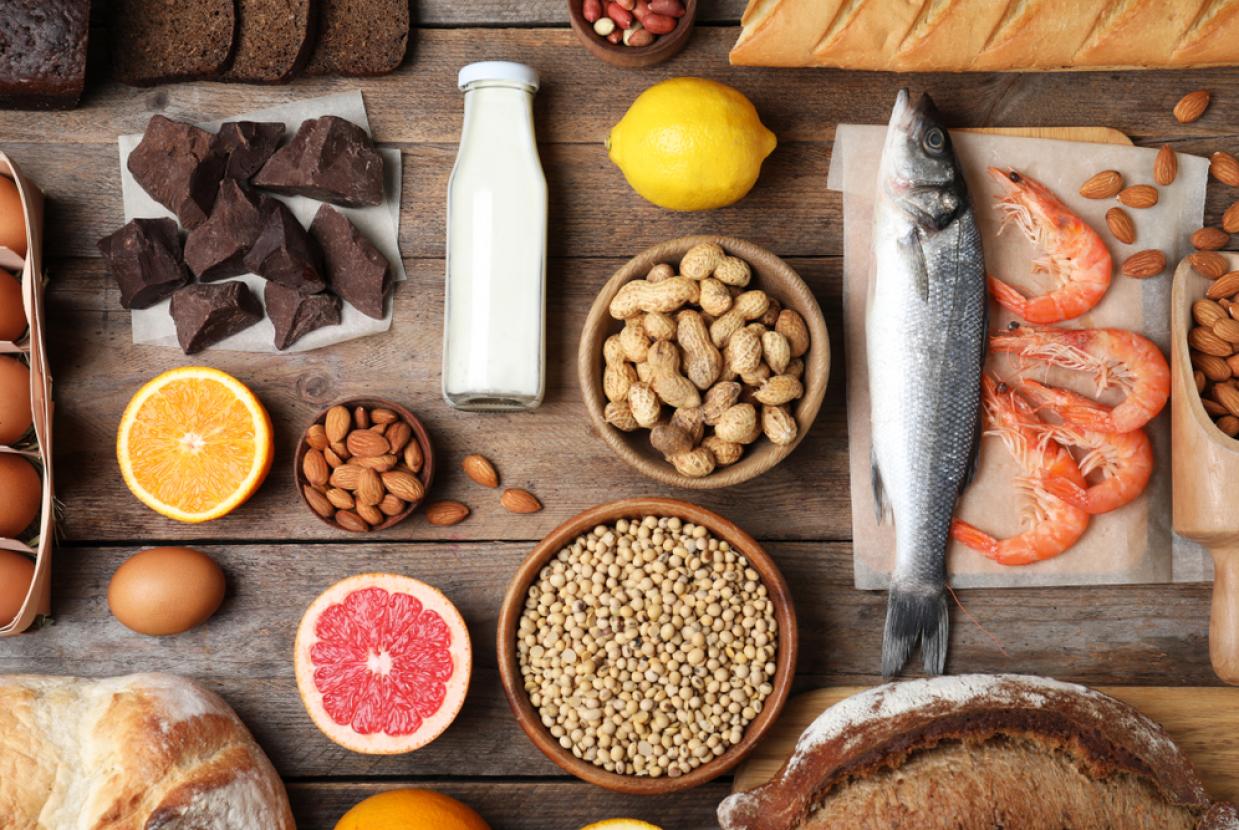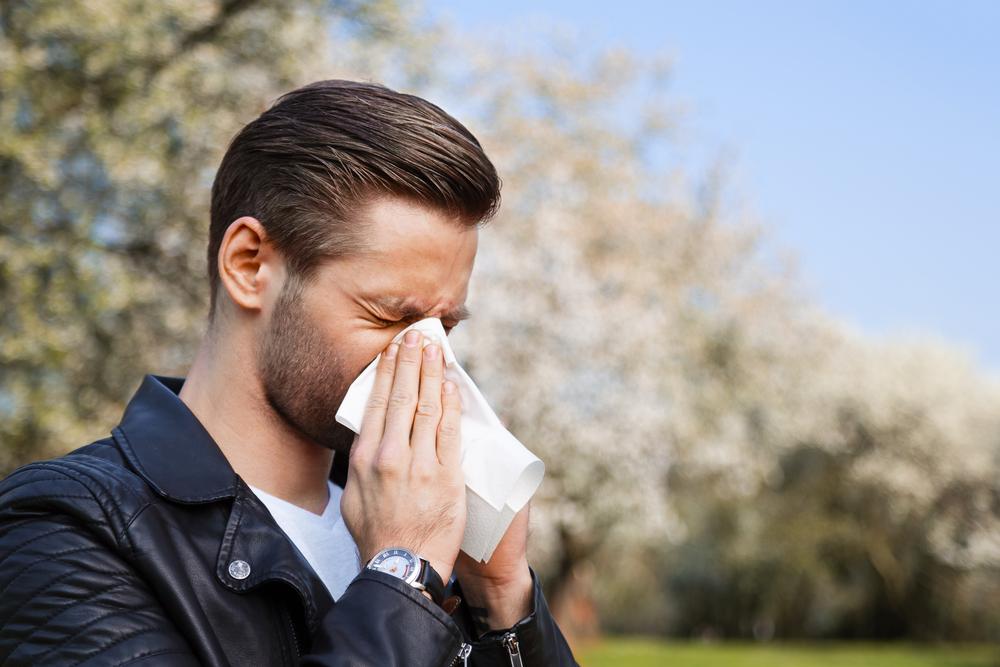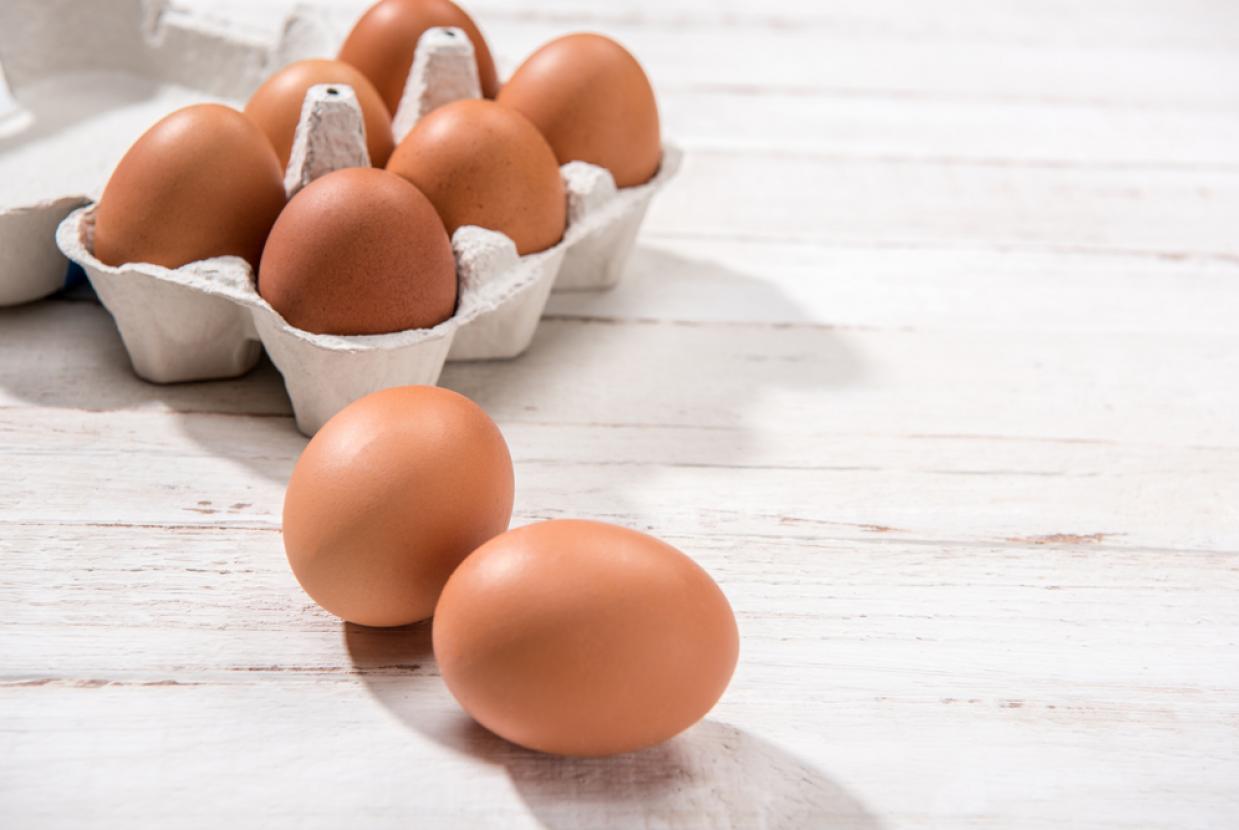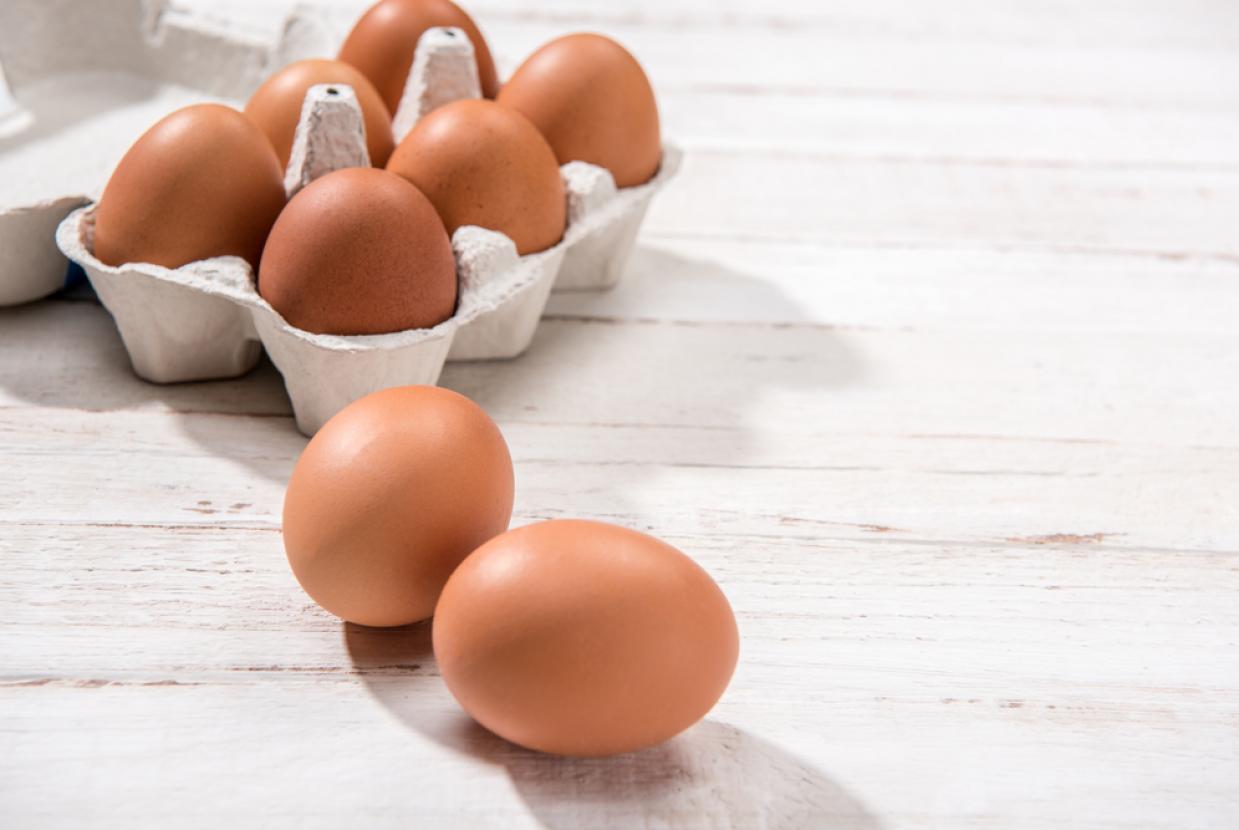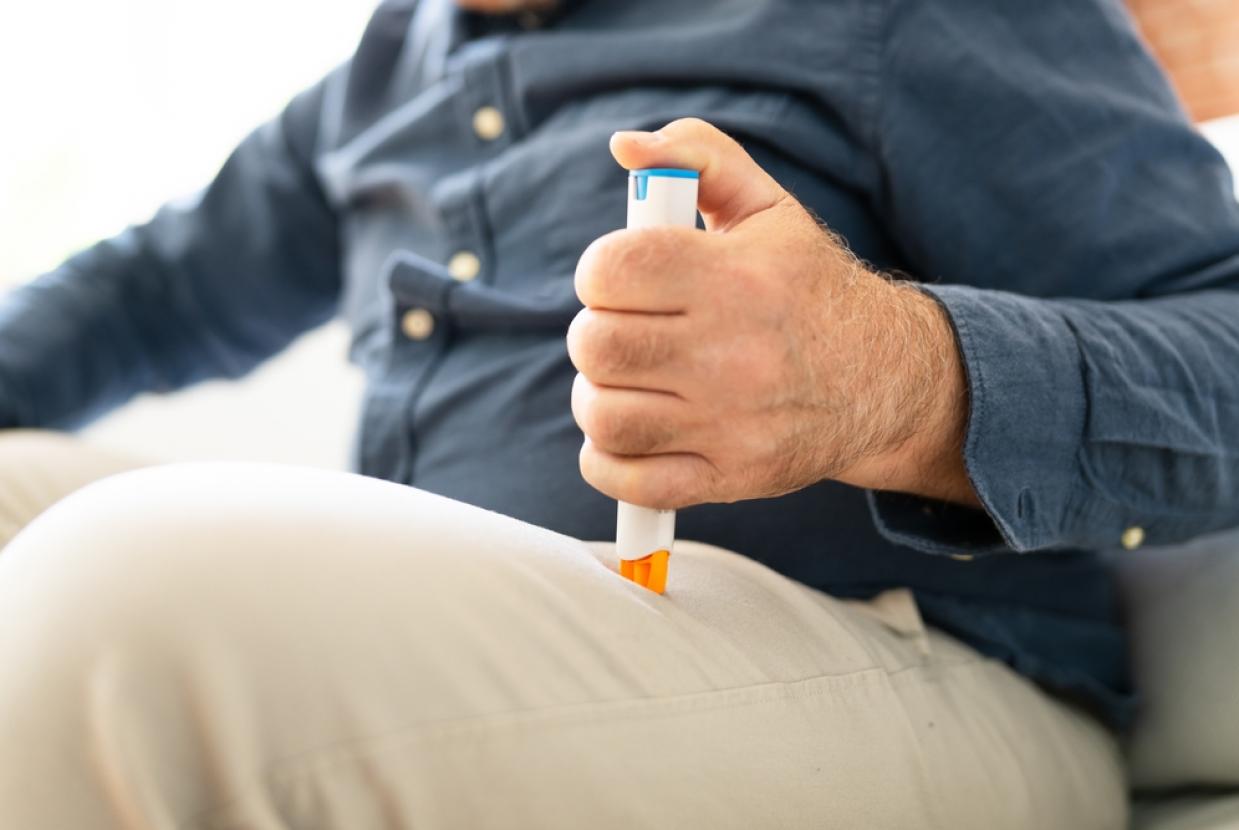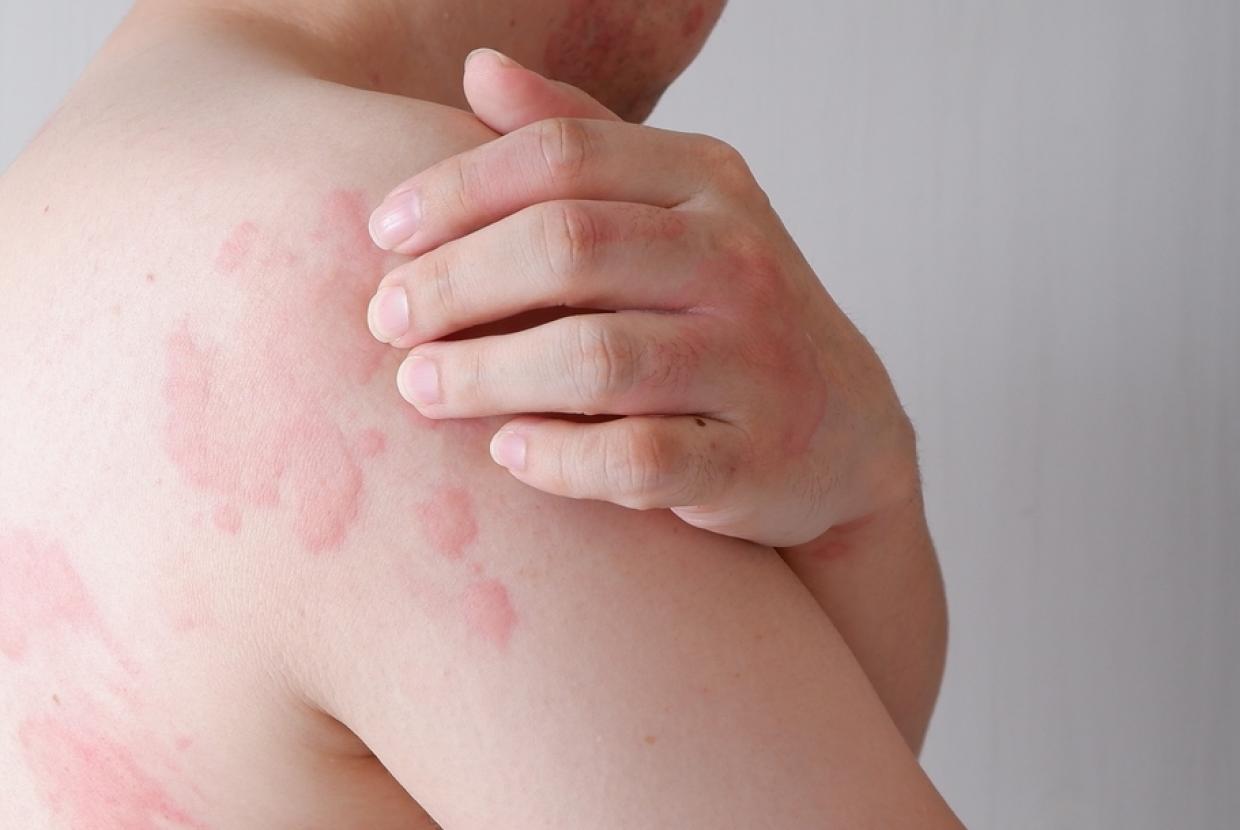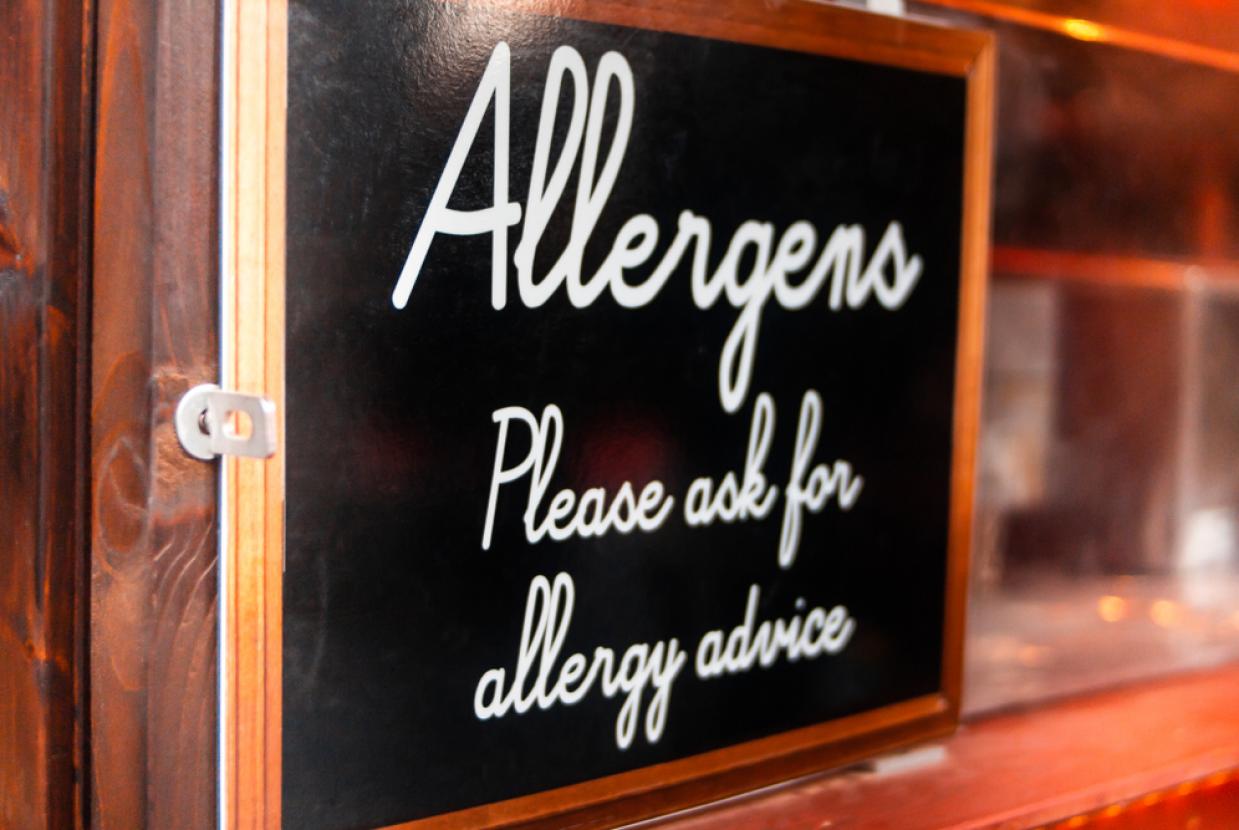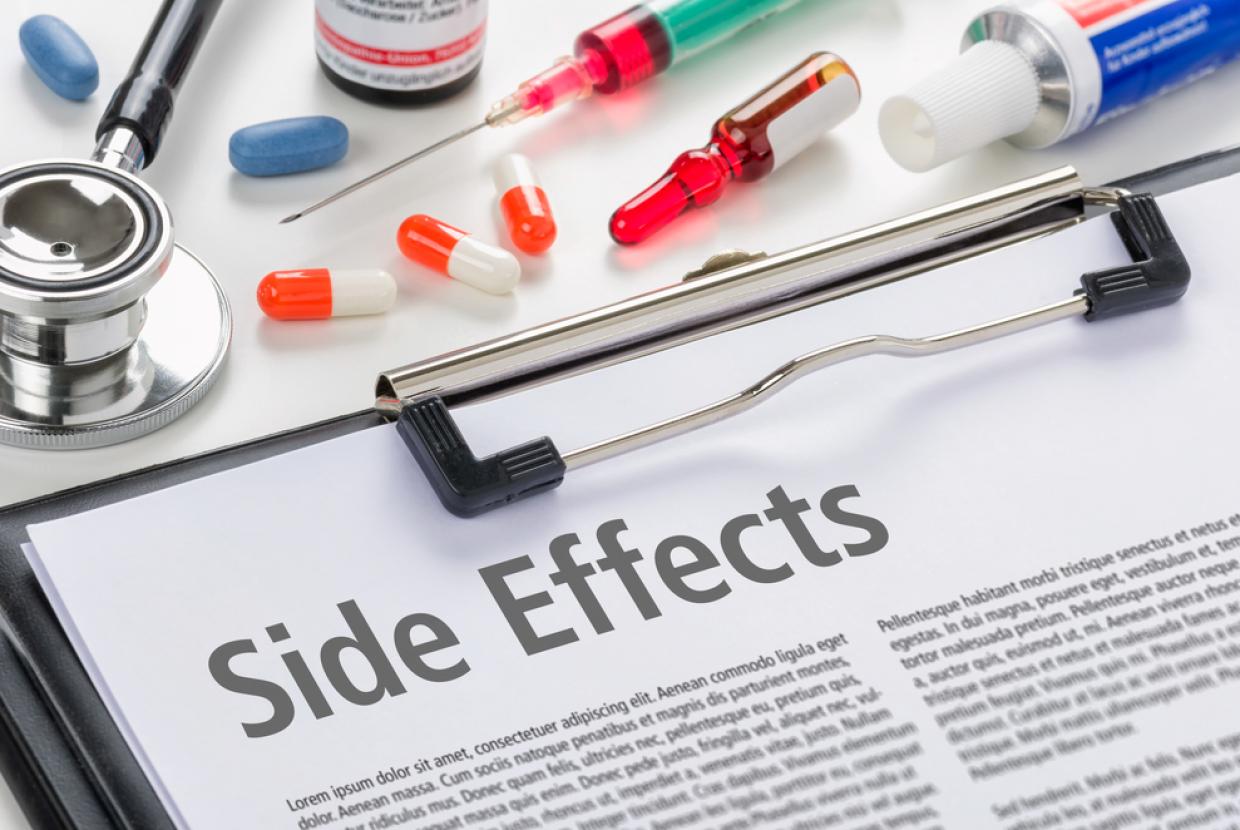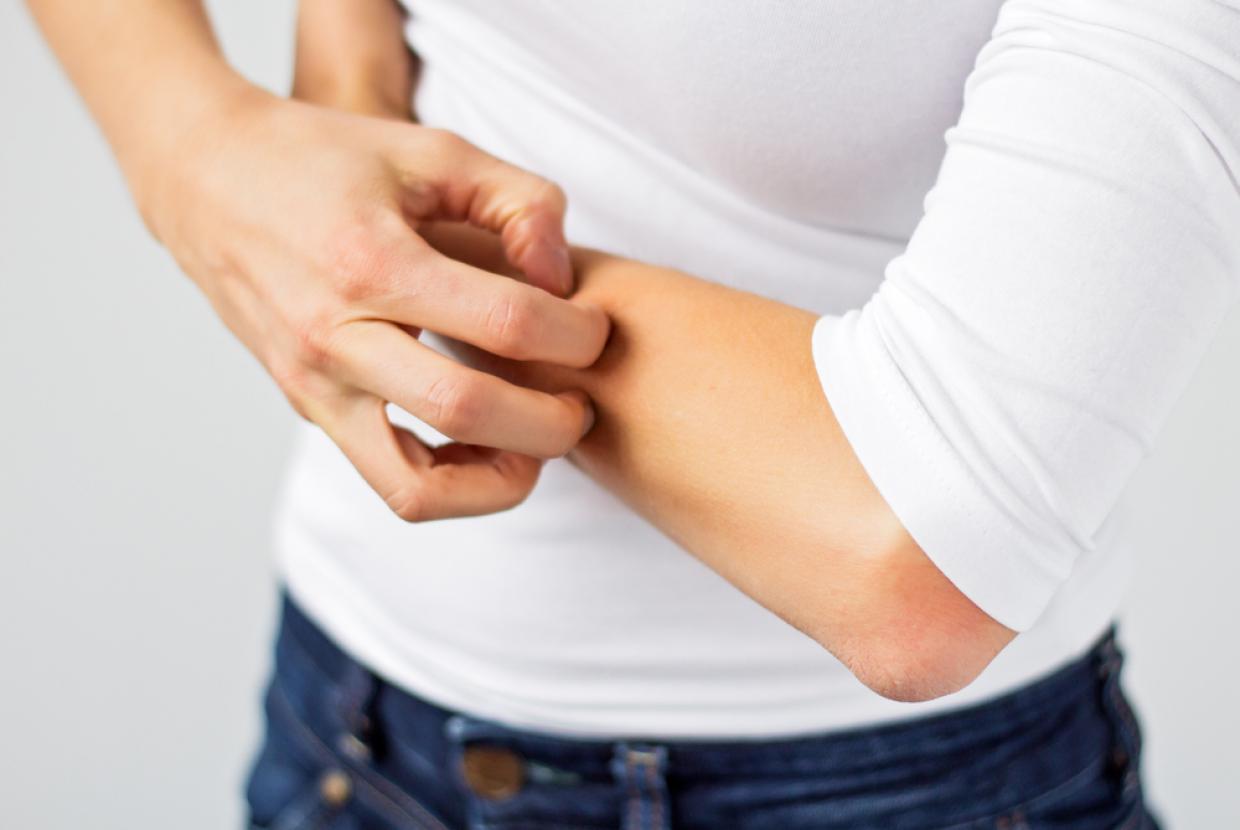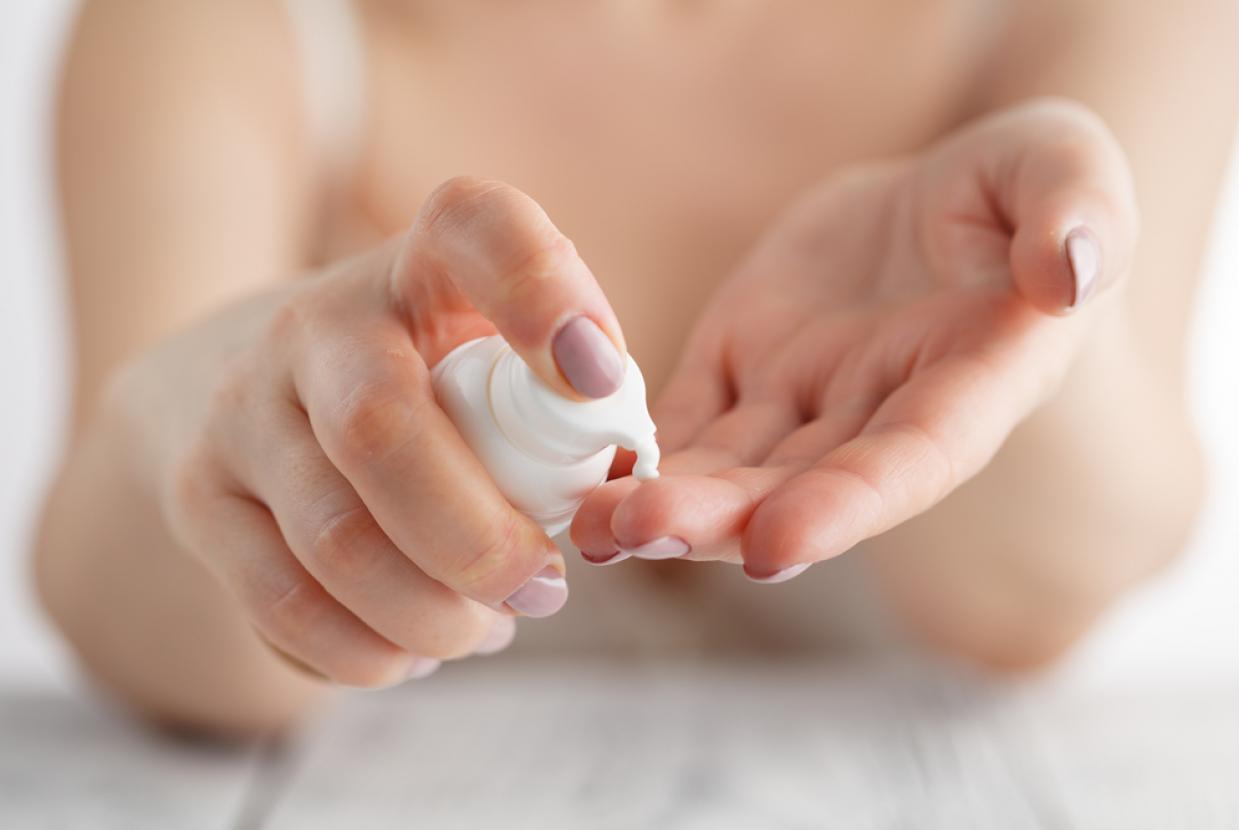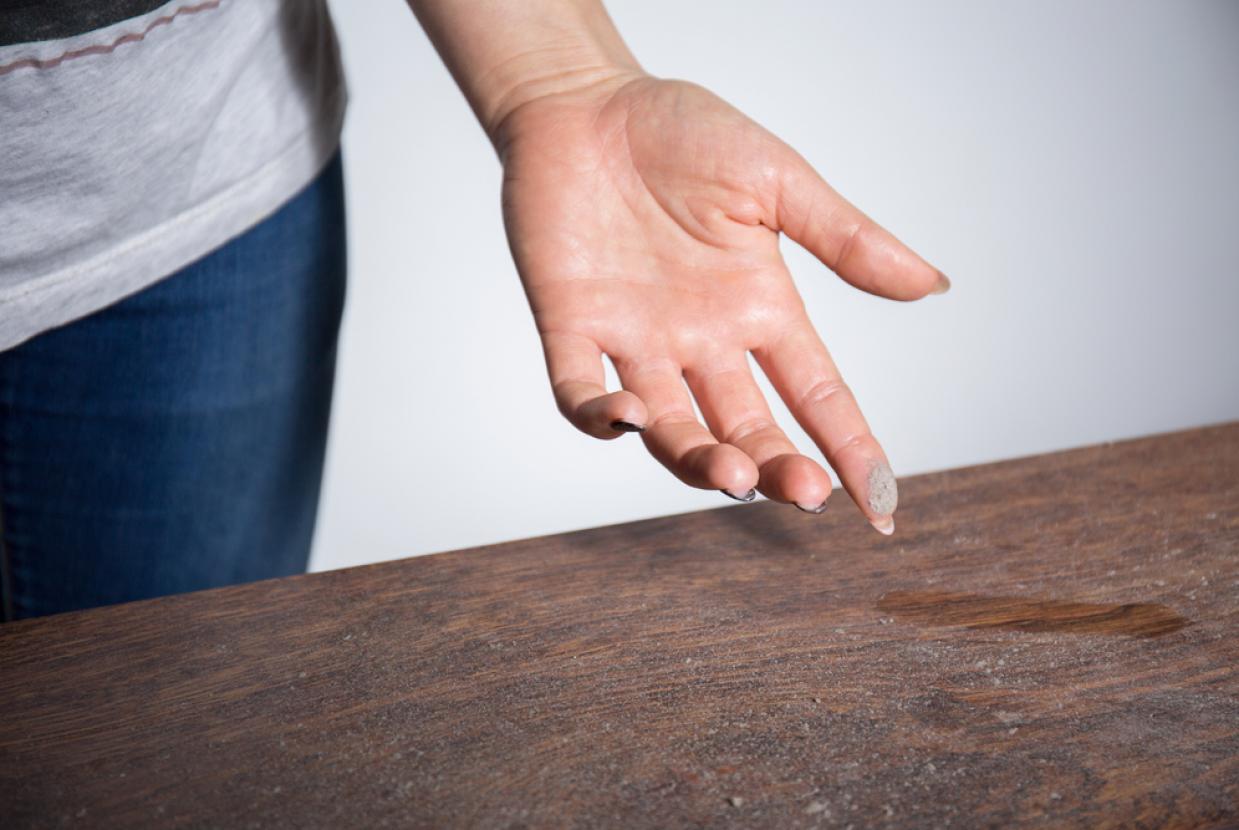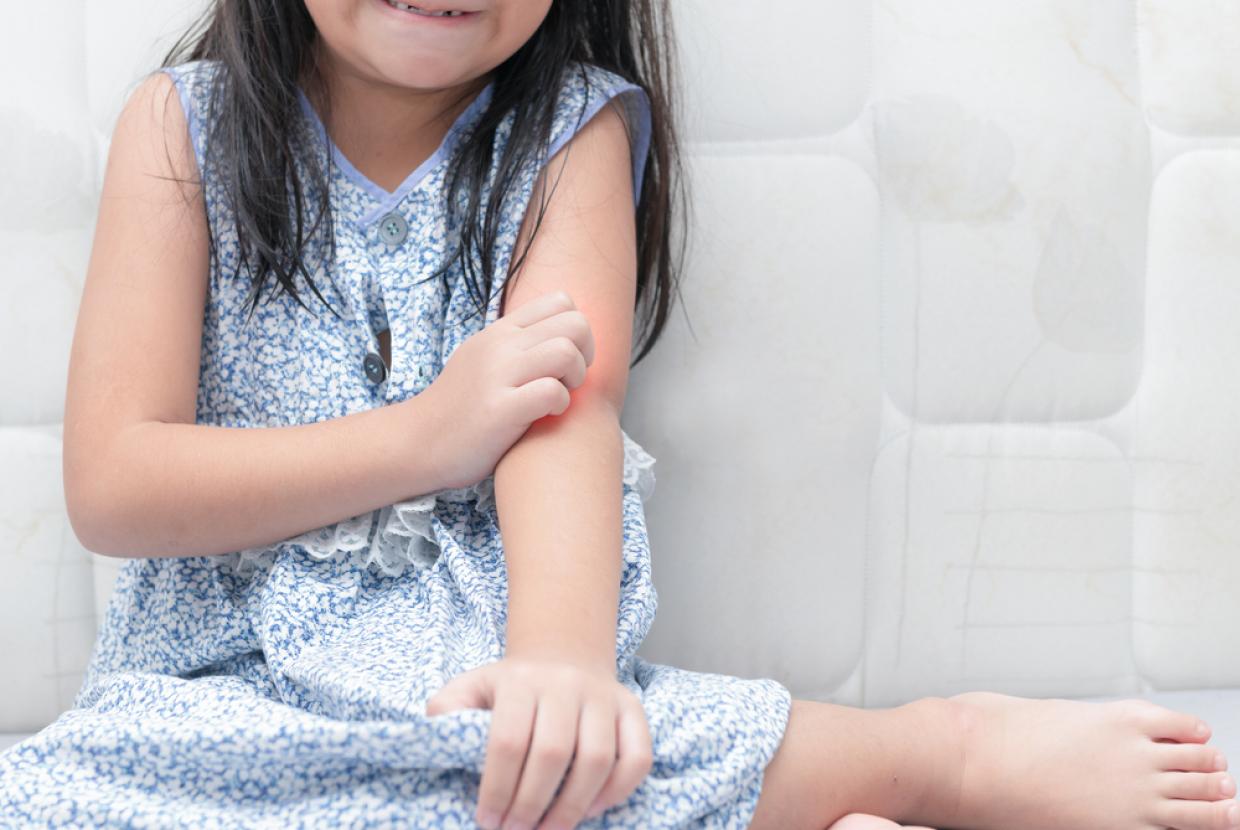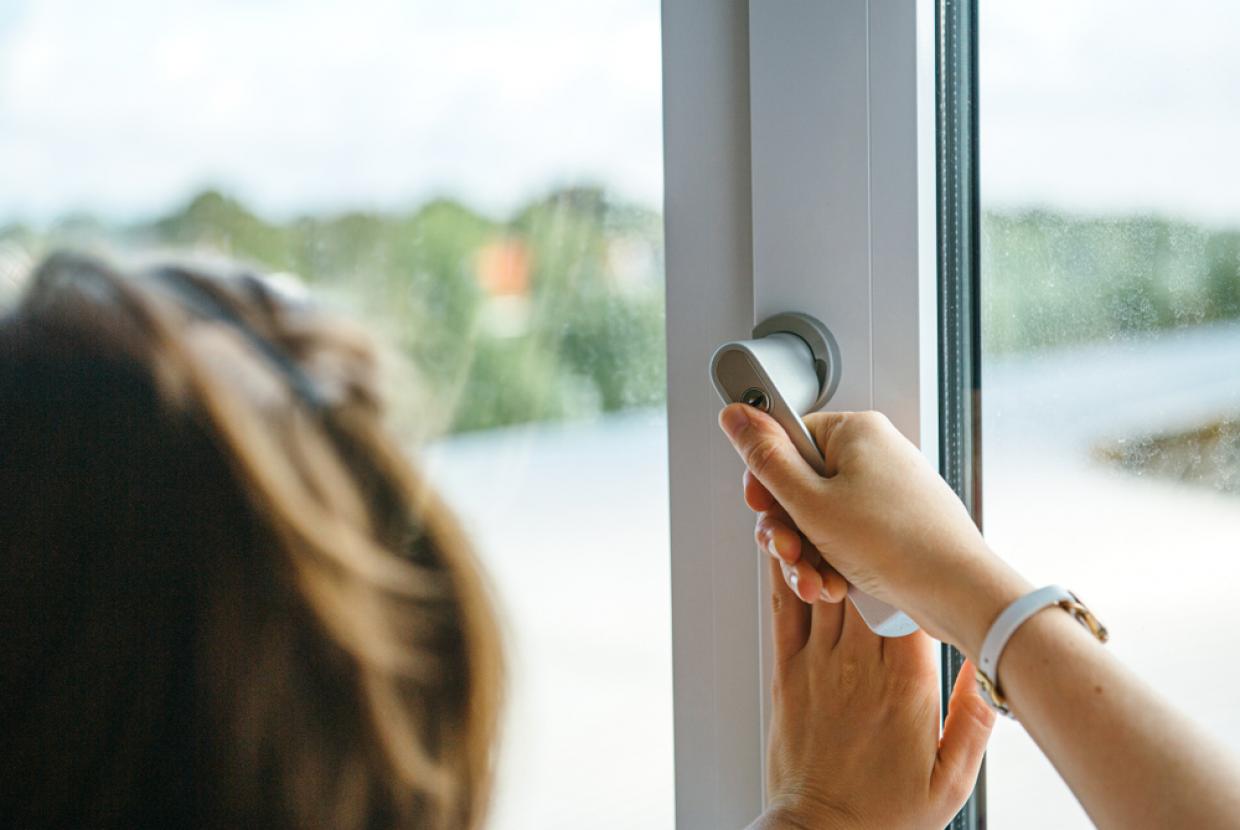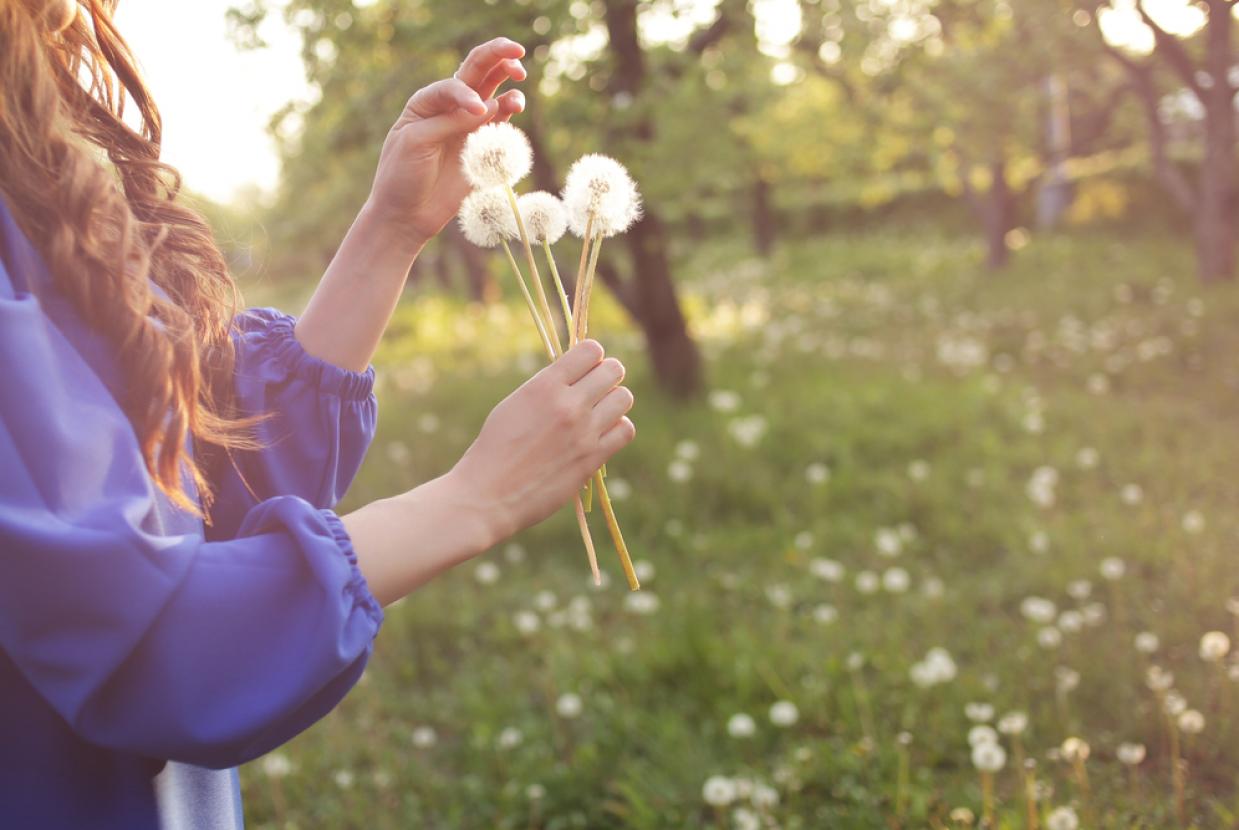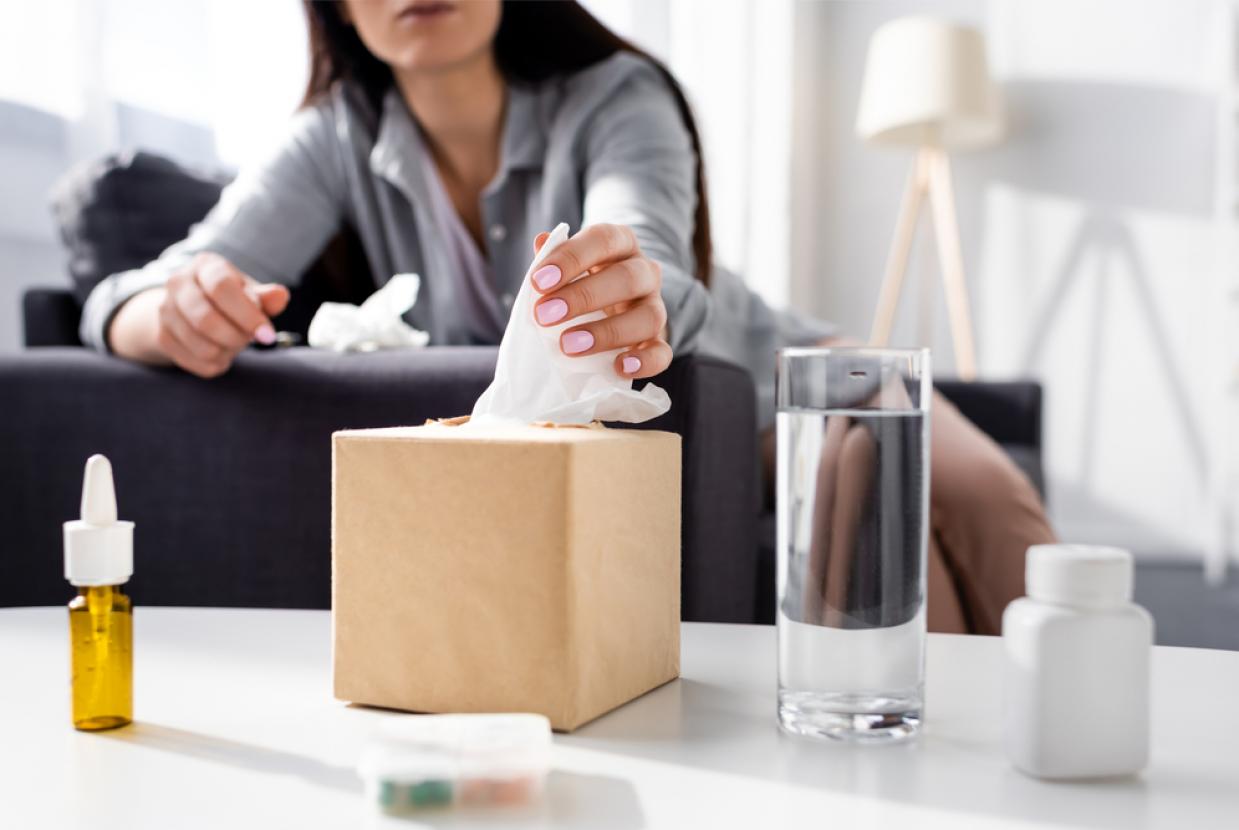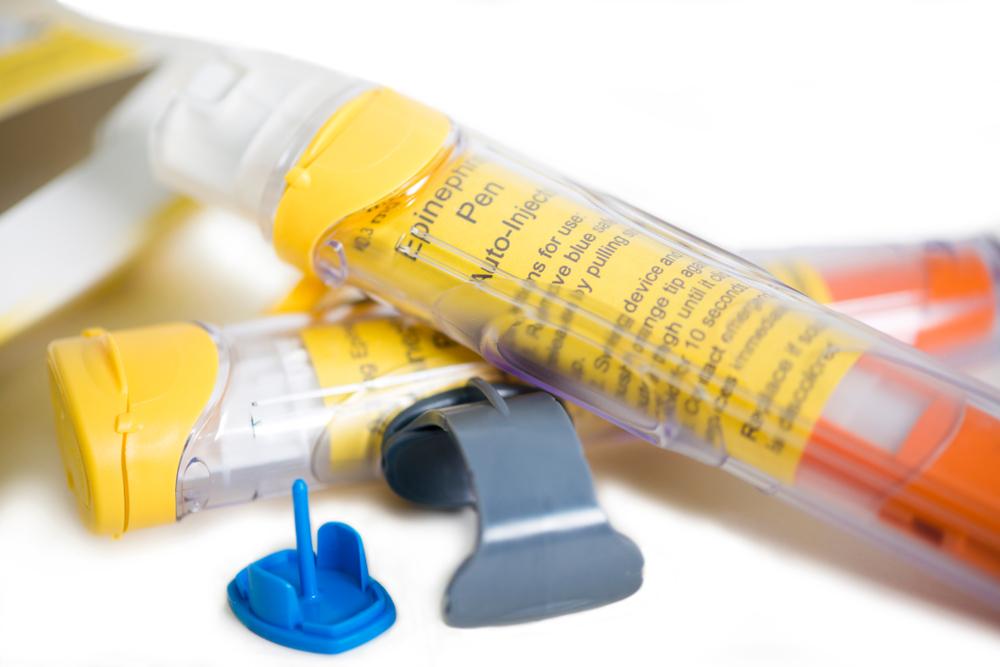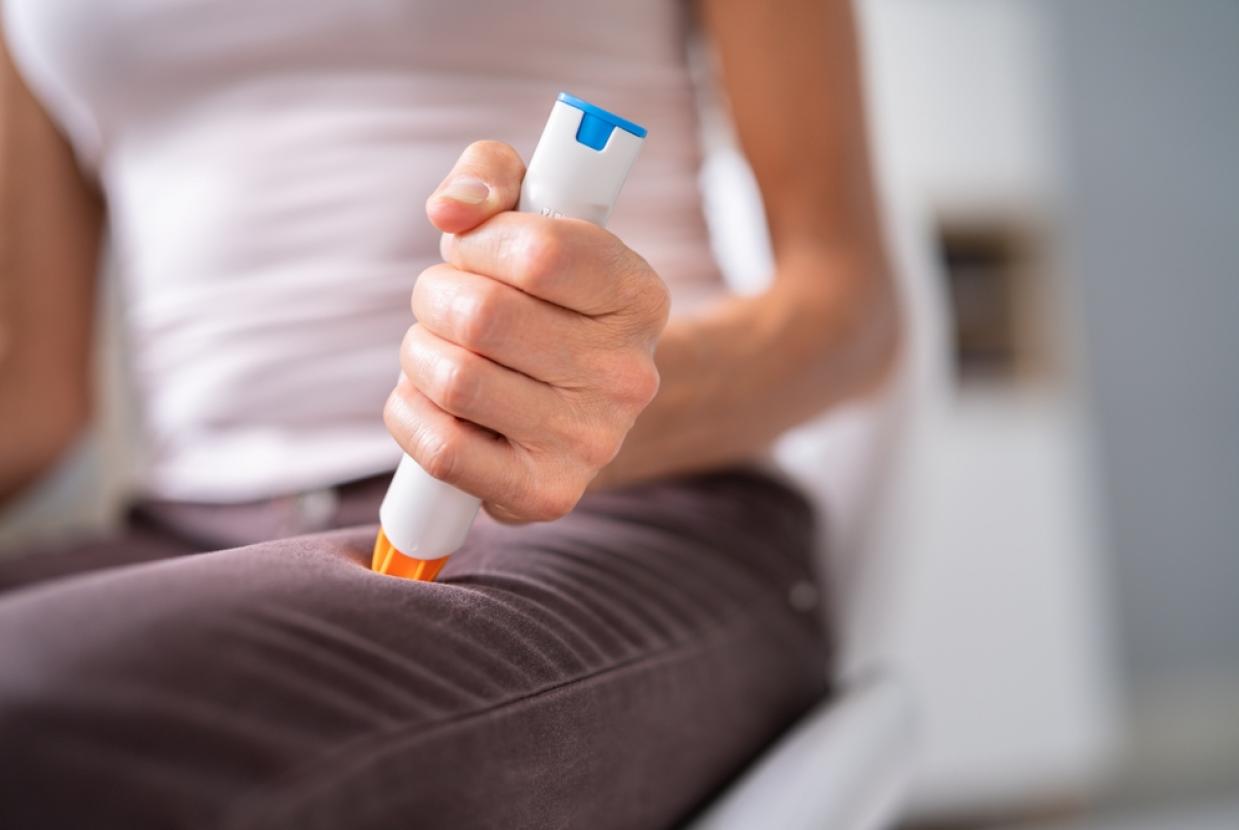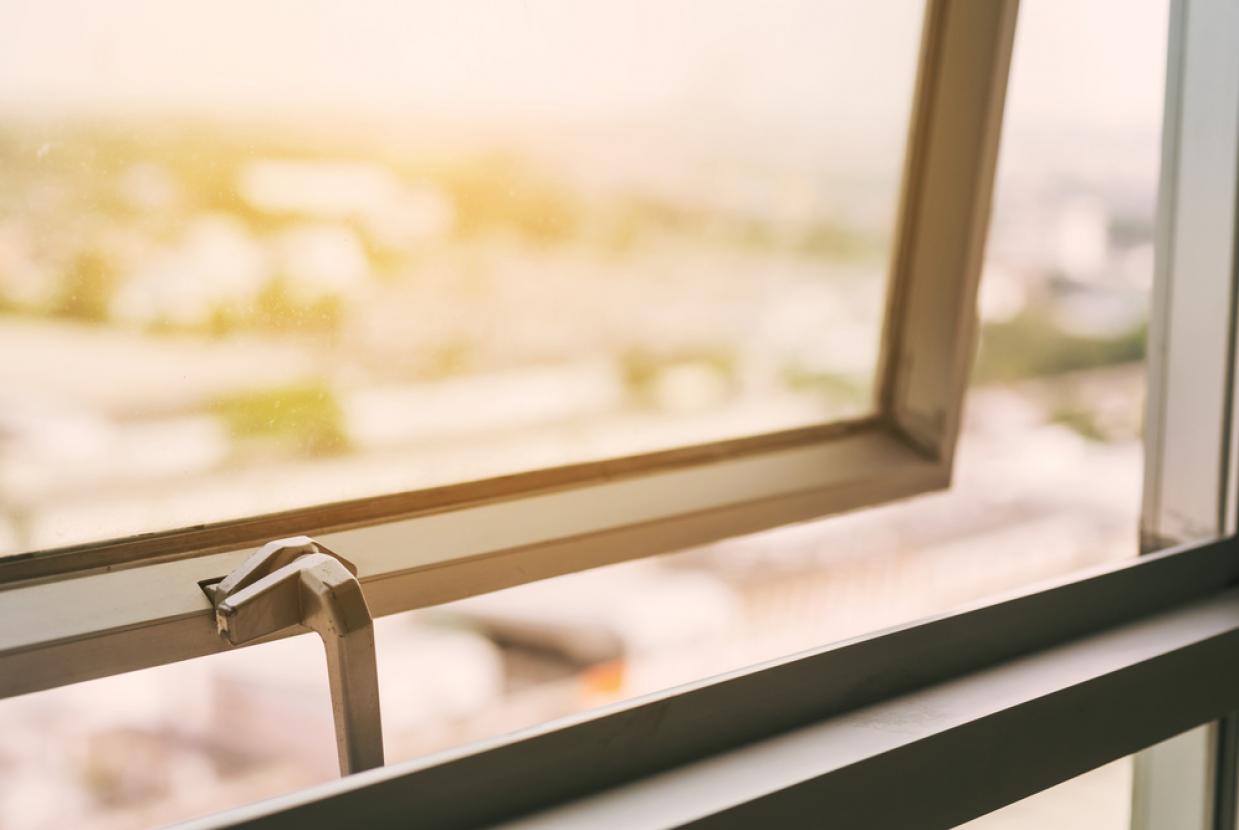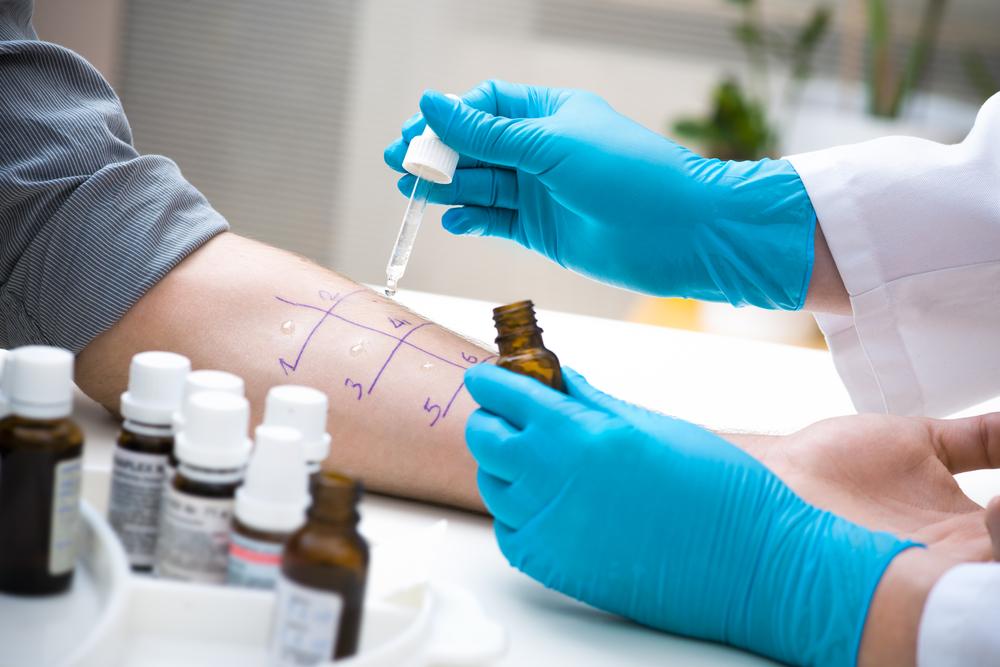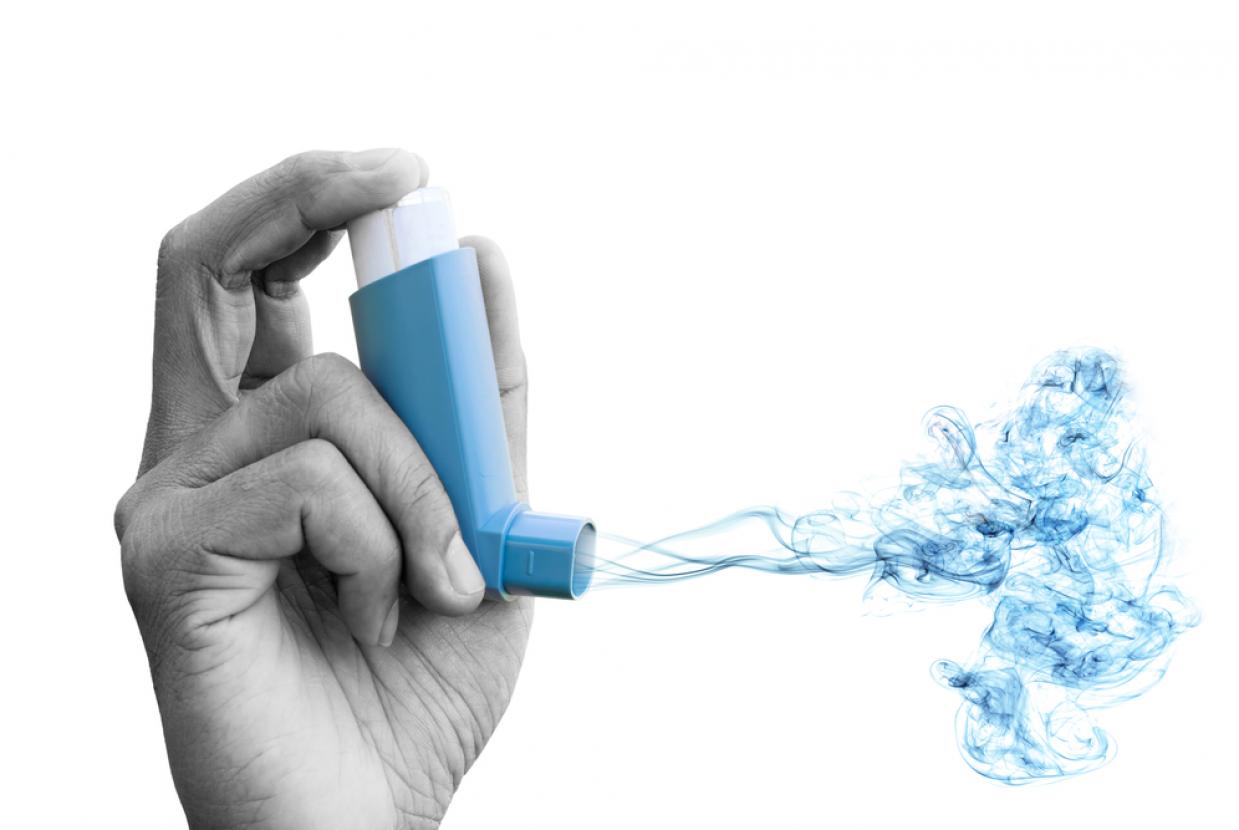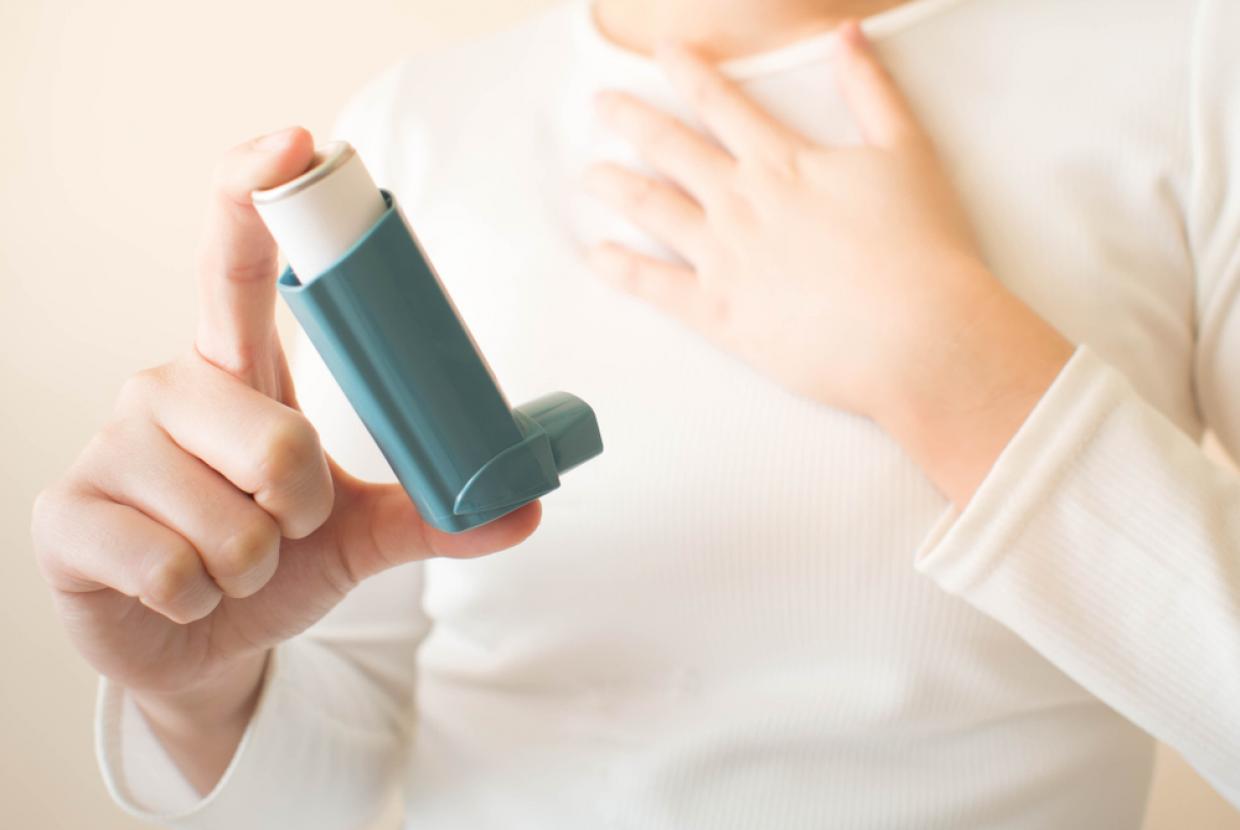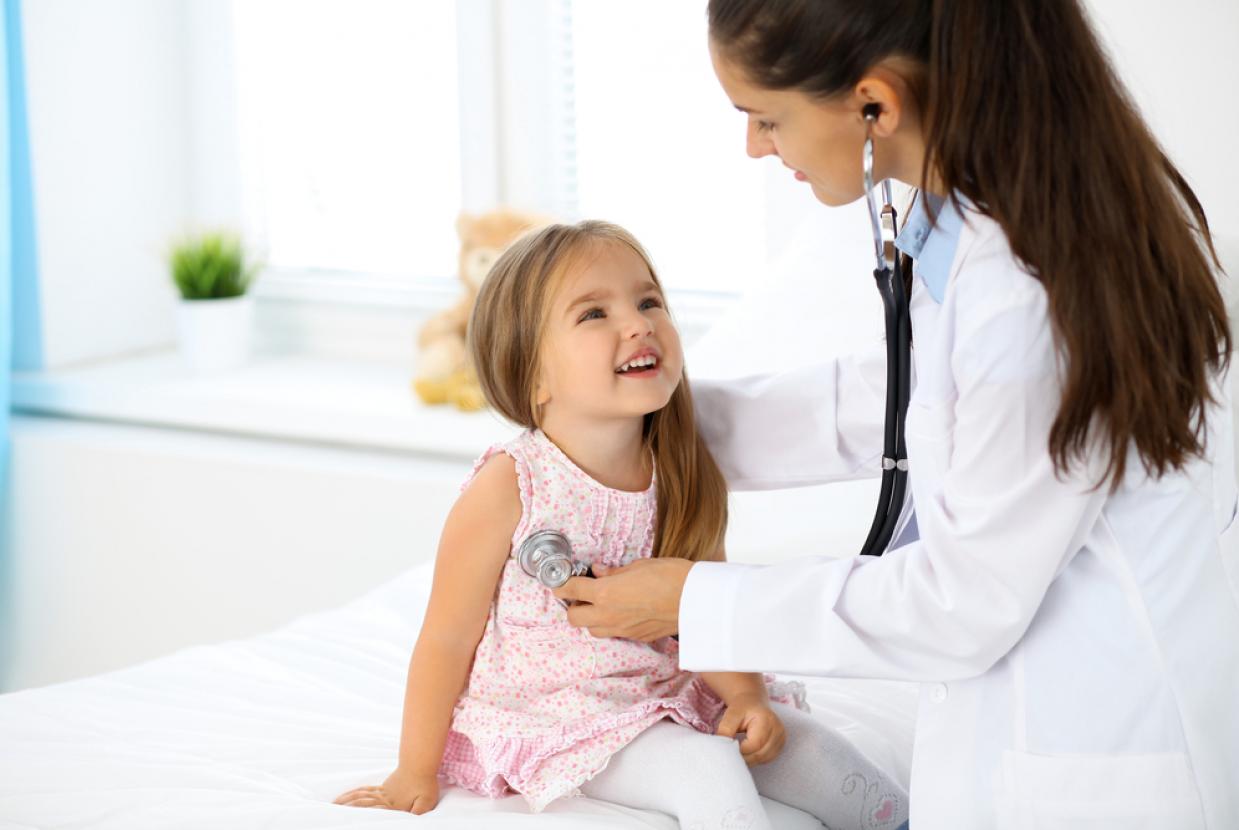Managing Your Hay Fever This Season
Allergies and AsthmaHay fever is a common allergic reaction which occurs at particular times of the year. It is known as seasonal rhinitis, sharing symptoms with perennial (year round) allergic rhinitis, but occurring as a reaction to pollen from grass, trees and weeds during the early spring and summer months. It can affect both adults and children.
Hay fever is usually worse between late March and September, especially when it’s warm, humid and windy. This is when the pollen count is at its highest.
What are the symptoms of hay fever?
- Itchy eyes/ throat
- Sneezing, blocked/runny nose
- Watering, red eyes (allergic conjunctivitis)
- Headaches, blocked sinuses
- Shortness of breath
- Tiredness
- The sensation of mucus running down the back of the throat, which can also be a symptom, is called ‘post-nasal drip’.
Types of antihistamines for hay fever
There are many types of antihistamine. They’re usually divided into 2 main groups:
- Antihistamines, hay fever tablets, that make you feel sleepy, such as chlorphenamine (Piriton), cinnarizine, diphenhydramine, hydroxyzine and promethazine.
- Non-drowsy antihistamines that are less likely to make you feel sleepy, such as acrivastine, cetirizine, fexofenadine and loratadine.
They also come in several different forms – including tablets, capsules, liquids, syrups, creams, lotions, gels, eyedrops and nasal sprays. Non-drowsy antihistamines are generally the best option, as they’re less likely to make you feel sleepy. But types that make you feel sleepy may be better if your symptoms stop you sleeping.
Ask a pharmacist for advice if you’re unsure which medicine to try as not all antihistamines are suitable for everyone.
How do I manage hay fever symptoms?
These unpleasant and sometimes debilitating symptoms can be relieved by avoidance of the allergic triggers and the use of antihistamines. Find our 4 top tips below:
- Monitor pollen forecasts daily and stay indoors wherever possible when the count is high (generally on warmer, dry days). Rain washes pollen from the air so counts should be lower on cooler, wet days
- On high pollen days, shower and wash your hair after arriving home and change your clothing
- Avoid drying washing on a clothes-line outside when pollen counts are high
- Apply an effective allergen barrier balm around the edge of each nostril to trap or block pollens and other allergens and help prevent a reaction.
What not to do
- do not cut grass or walk on grass
- do not spend too much time outside
- do not keep fresh flowers in the house
- do not smoke or be around smoke – it makes your symptoms worse
- do not dry clothes outside – they can catch pollen
- do not let pets into the house if possible – they can carry pollen indoors
For more information on managing this allergy season, please click here.


